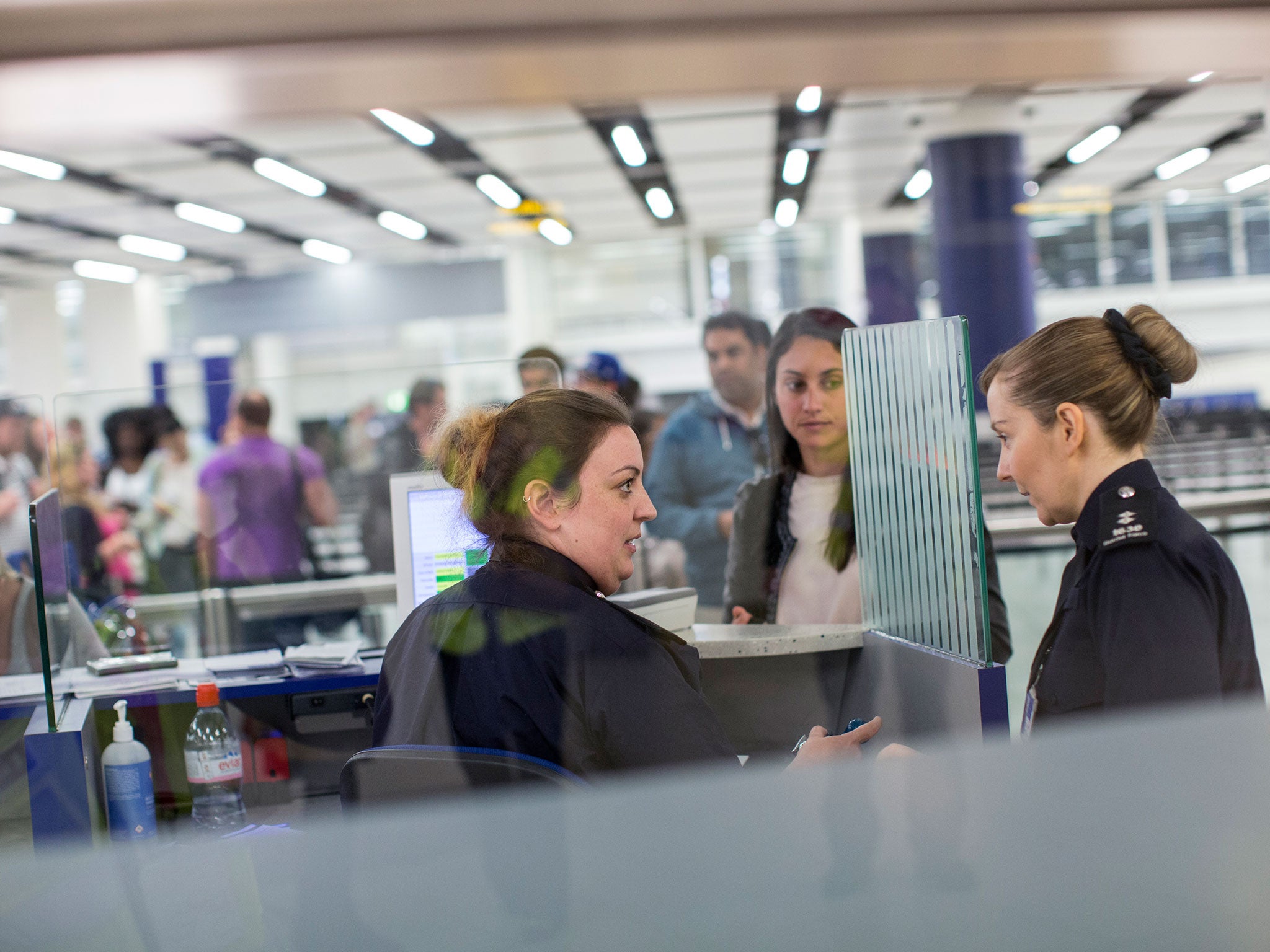Boris Johnson’s approach to immigration doesn’t just reek of racism, it makes no economic sense
The perceived costs of relaxing rules are often myths. In financial terms, free movement of people is a huge benefit to us all, writes Phil Thornton


Why is a country whose history and economic make-up has been forged in the cauldron of the global movement of people so rubbish at designing sensible policies on immigration?
The issue has jumped to the top of the economic agenda as we race to hit the year-end deadline to extricate ourselves from the European Union, but it has a long history.
From the Roman invasion 2,000 years ago to the quiet drifting of today’s Brits to the Italian Riviera and other climates well suited to retirement – via the creation of the British Empire and the influx of member of its former subjects to take much-needed jobs in the UK – immigration has been part and parcel of life.
Not that an outside observer of our politics would know that, as evidenced by the Windrush scandal and the recent deportation of 17 British men to Jamaica who had been convicted of “serious crimes” in the UK but who had no links to the country.
The problem is that sensible debates about the role immigrants play in the economy and thoughts about how to design a system to regulate their arrival get overwhelmed by the ugly stench of racism.
One person’s business benefit is another’s loss of sovereignty and that means politics trumps the economics. Since 1905 when the Aliens Act was passed in the face of the perceived threat from Jewish immigration into Britain became the first piece of legislation on migration, there have been 18 Acts to control who comes through our borders.
Here we are again thanks to the decision to leave the bloc, bringing with it an end to the free movement of people between the EU and UK. We will need a new migration system and so more legislation.
The omens are not good. On Friday, Boris Johnson’s cabinet set out the toughest possible regime. It backed plans for a points-based immigration system designed to prioritise people with the most economically valuable skills.
This was despite the head of the government’s independent adviser on immigration, the Migration Advisory Committee (MAC), suggesting the idea was little more than a slogan that would lead to a smaller economy.
It has been calculated that a new points-based system could cut the number of low-skilled EU migrants by 90,000 per year, halving the number who come to the UK on a long-term basis.
Free movement has enabled employers to find the people they need, whether hospitals and local councils attracting medics and cleaners to run our health and social care systems, farmers reaching out for crop pickers, or our banks, universities and innovators needing highly skilled talent.
The evidence, including that from the MAC, points to benefits in terms of productivity, innovation and training. One paper used by MAC found an increase in the immigrant share of the labour force by 1 percentage point is associated with an increase in overall productivity of 2 to 3 percentage points.
Where migrant workers are employed they often fill gaps that Britons are reluctant to fill as the government’s own statisticians showed was the case with the NHS.
Of course, free movement of people is only worth having if the benefits outweigh the costs. Sadly, thanks to some of the more right-wing and nationalistic media in the UK, the perceived costs are often myths.
It has been claimed repeatedly that immigrants take the jobs or drive down the wages of British workers. Yet research by bodies such as NIESR has found that immigrants have little negative impact on either.

But the real bugbear for many people suspicious about immigration is that foreigners use up public services that are in scarce supply, whether it is places in primary schools, or chairs in GP waiting rooms, or seats on buses and trains.
The first reality check is that migrants actually pay more in terms of the tax revenues to pay for public services than they do by using them. One estimate is that European migrants living in the UK contribute £2,300 more to the public purse each year than the average adult.
But the other blatantly obvious point is that there is only a shortage of public services because 10 years of austerity has left councils and central government departments devoid of the cash needed to fund them. If the government fails to adapt public infrastructure to rising population levels – whether because of migration or natural population growth – this is the inevitable result.
Danny Blanchflower, a labour market economist and former member of the Bank of England’s monetary policy committee (MPC), warned this weekend that immigration curbs will create labour shortages which would increase wages and prices. “So the MPC will raise rates slowing the economy.”
Johnson’s new cabinet of appointees could speak truth to power over immigration but that seems unlikely given last week’s bizarre “call and response” session which gave no opportunity for discussing issues in depth or evaluating costs and benefits. Once again politics will trump economics.
Join our commenting forum
Join thought-provoking conversations, follow other Independent readers and see their replies
Comments
Bookmark popover
Removed from bookmarks